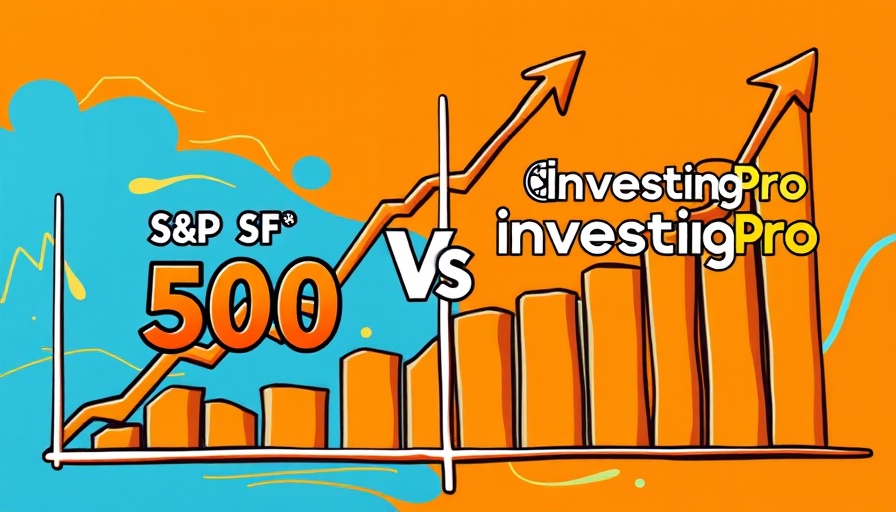
Apple’s Transformation in the App Store: A Game Changer?
In a significant shift, Apple has announced changes to its App Store rules in the European Union, responding to a stringent antitrust order from the EU. This decision represents Apple's commitment to create a more open and competitive environment for app developers, which could dramatically reshape the landscape of app distribution and payment processing.
Understanding the New Fee Structure
With the new guidelines, developers will encounter a restructured fee system: Apple's processing fee for in-app purchases will stand at 20%, but this could decrease to as low as 13% for qualifying small businesses. Interestingly, if developers opt to direct customers outside the App Store for payments, they face a minimum fee of 5% and a ceiling of 15% based on various factors.
This tiered approach allows developers greater flexibility while complying with regulatory demands. Allowing numerous links to external payment options empowers developers and provides consumers with more payment choices, ultimately enhancing user satisfaction.
The Broader Impact on App Development
Apple's adjustments could herald a new era of innovation in app development. As developers attempt to navigate these changes, we may see an increase in unique payment systems and promotional strategies that leverage external payment methods. This versatility could incentivize a surge in new applications that enhance user engagement and possibly lower costs for consumers.
Historical Context: The Antitrust Pressure
The backdrop of these changes is the EU's ongoing scrutiny of big tech companies. The EU has been vocal about fostering competition and has instituted fines dangling above tech titans to compel compliance and halt anti-competitive practices. Apple's previous 500 million euro fine underscores the seriousness of these regulations.
Future Predictions: Trends in App Economics
What does the future hold for app developers and users alike? Predictions suggest that as more developers gravitate towards alternative payment solutions, cost dynamics will shift, leading to potential reductions in app prices. Should Apple’s modifications inspire similar regulations elsewhere, we might witness a domino effect, shaking up fee structures across different jurisdictions and platforms globally.
Key Takeaways for Investors and Entrepreneurs
If you're an investor or entrepreneur looking to enter the app market, understanding these changes could be crucial. The evolving pricing models and competitive dynamics may present new investment strategies. Potential investors could consider companies emerging under this new regulatory framework, which could reshape revenue models. Be wary of traditional giants, as nimble startups might capitalize on this landscape to permeate a market long dominated by a few key players.
Why This Matters to You
Consumers and developers alike stand to benefit from Apple's new approach. More flexible payment options can lead to innovative applications that resonate better with user needs and expectations. As users become more educated about their choices, they may uncover apps offering superior services — fundamentally changing how tech giants interact with their customer base.
Ultimately, these changes mark a pivotal moment at the intersection of regulation and innovation in tech. As Apple's strategies continue to adapt, investors and consumers will need to keep an eye on this fast-evolving sector.
 Add Row
Add Row  Add
Add 



Write A Comment